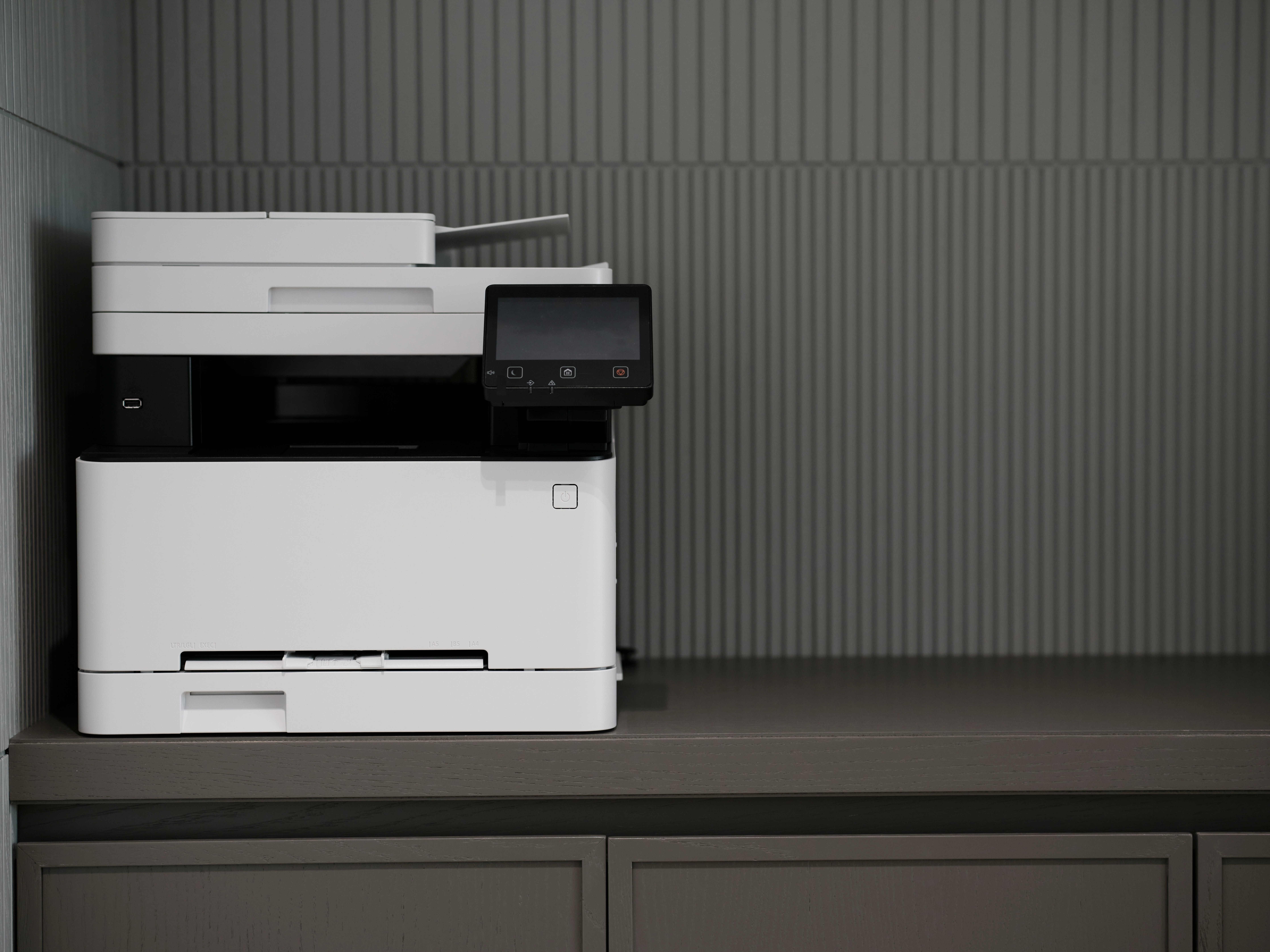On January 22, 2024, the United States Court of Appeals for the Fourth Circuit issued its decision in the Career Counseling Inc. v. Amerifactors Financial Group LLC. fax litigation proceeding.
The underlying litigation stems from an unwanted commercial facsimile transmission that Career Counseling alleged was sent by Amerifactors, in violation of the Telephone Consumer Protection Act (“TCPA”). As our readers are aware, the TCPA, as amended by the Junk Fax Prevention Act, forbids the sending of fax advertisements “to any person without that person’s prior express invitation or permission, in writing or otherwise.” The Fourth Circuit upheld the lower court’s determination that Defendants had violated the TCPA’s junk fax prohibition by failing to obtain adequate consent before sending the subject fax to Plaintiff. This fax litigation proceeding is important for the marketing industry because the Fourth Circuit affirmed that Defendant was liable only for Plaintiff’s individual claim, and not the class-based claim. The Court arrived at this decision because Plaintiff was the only claimant proven to have received a fax from Defendant on a stand-alone fax machine.
Why was Class Decertification Upheld?
Plaintiff filed its Complaint against Defendant in the underlying fax litigation on September 2, 2016. On July 13, 2017, Defendant filed a petition with the Federal Communications Commission (“FCC” or the “Commission”) for a declaratory ruling clarifying that faxes sent to “online fax services” are not faxes sent to “telephone facsimile machines,” for TCPA purposes. Defendant immediately moved for a stay of the district court matter pending the FCC’s decision. However, the Motion to Stay was rendered moot by the court granting Defendant’s Motion to Dismiss. Plaintiff then amended its Complaint.
On December 9, 2019, the FCC issued its declaratory ruling making clear that an online fax service essentially functions as an email inbox and should not be considered equipment “which has the capacity . . . to transcribe text or images (or both) from an electronic signal received over a regular telephone line onto paper,” thus falling outside the scope of the TCPA’s junk fax prohibition. Roughly two and a half years later, the district court relied heavily on the Amerifactors declaratory ruling in denying Plaintiff’s motion to certify a class comprised of approximately 59,000 individuals and entities.
In its appeal, Plaintiff argued that the district court erred in deferring to the FCC’s Amerifactors declaratory ruling when it declined to certify Plaintiff’s proposed class. Plaintiff submitted that because the FCC’s ruling was interpretive, it did not carry “the force and effect of law.” Instead of relying on the FCC’s declaratory ruling, however, the Fourth Circuit decided to address the issue based upon the plain reading of the TCPA itself. The Court held that, “pursuant to its plain statutory language, the TCPA prohibits the sending of unsolicited advertisements to what the district court labelled as ‘stand-alone fax machines,’” but not to online fax services. As such, the Fourth Circuit concluded, the district court properly limited class members to those who received marketing communications from Defendant on a stand-alone fax machine.
Both the Amerifactors declaratory ruling and Fourth Circuit decision make clear that an online fax service is not a “telephone facsimile machine” for TCPA purposes. Accordingly, consumers who feel aggrieved after receiving an online fax are unlikely to prevail in litigation filed pursuant to the TCPA’s Junk Fax Protection Act. Considering how few individuals and entities still use stand-alone fax machines, the Amerifactors proceedings (both in court and before the Commission) are major boons for companies engaged in fax-based telemarketing.
Why does the Amerifactors Ruling Matter to your Business?
Faxes were much more prevalent when the House Committee on Energy and Commerce recommended the TCPA’s enactment in 1991. In relevant part, its Report specified two reasons why junk faxes are problematic: (1) they shift some of the costs of advertising, including ink and paper costs, from the sender to the recipient; and (2) they occupy the recipient’s facsimile machine so that it is unavailable for legitimate business messages while processing and printing junk faxes. Faxes transmitted through online services, however, appear as an attachment to an email in the recipient’s inbox. It follows that both the FCC and Fourth Circuit would determine that an online fax service falls outside the protections originally intended by the TCPA’s junk fax prohibition.
Businesses that send unsolicited fax messages to stand-alone fax machines continue to risk incurring statutory damages. Why? Because, marketers do not know what technology a fax recipient utilizes and should always employ the safe approach: obtaining prior express consent from recipients before sending a marketing piece via facsimile transmission.
The attorneys at Klein Moynihan Turco have decades of experience in defending companies that face unsolicited telemarketing claims. If you are interested in working with a law firm that has an extensive track record in the telemarketing field, please email us at info@kleinmoynihan.com or call us at (212) 246-0900.
The material contained herein is provided for information purposes only and is not legal advice, nor is it a substitute for obtaining legal advice from an attorney. Each situation is unique, and you should not act or rely on any information contained herein without seeking the advice of an experienced attorney.
Attorney advertising
Photo by engin akyurt on Unsplash
Similar Blog Posts:
Court Narrows TCPA Fax Opt-Out Rule




